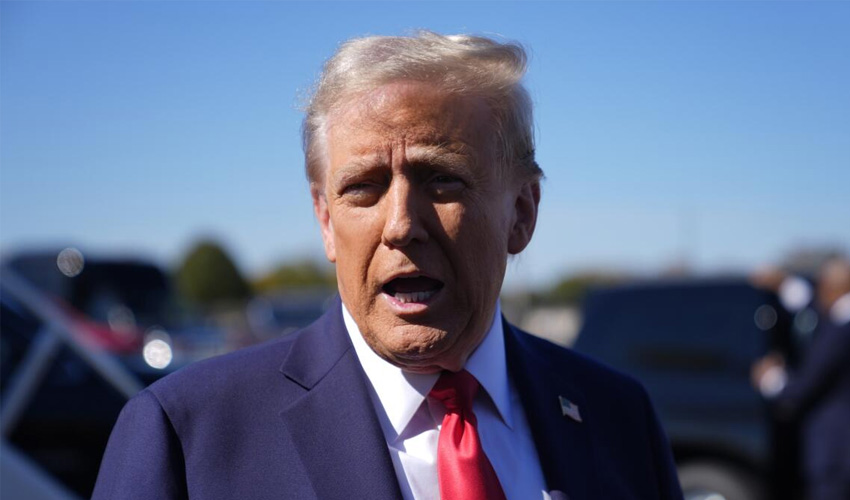White House aides have drafted plans for tariffs of about 20% on most of the $3 trillion of goods imported annually to the US, the Washington Post reported on Tuesday, as US President Donald Trump prepares to announce reciprocal tariffs that have global businesses, consumers, and investors fretting about an intensifying global trade war.
Trump has for weeks put a circle around April 2 as a "Liberation Day" delivery date for his most ambitious actions yet to upend more than half a century of global trade norms, which saw barriers to international commerce fall, but in ways the Republican president believes disadvantaged American goods and workers.
On Sunday, Trump said the reciprocal tariffs will target all nations, and the White House on Monday said any country that had treated Americans unfairly should expect to receive a tariff.
White House advisers say no final decision has been made and that several options are on the table, according to the Post. Trump's administration is also weighing using the trillions of dollars it expects in new import revenue for a tax dividend or refund, the report said, citing three unnamed people familiar with the matter.
Representatives for the White House did not immediately respond to a request for comment on the reported proposal.
Global investors are anxiously awaiting details. The Republican president has already imposed tariffs on aluminium, steel and autos, along with increased tariffs on all goods from China.
Also Read: US president vows to impose 'reciprocal tariffs'
As April 2 approaches, signs are emerging that a US economy that had grown at above-trend rates for the last couple of years is losing momentum amid the uncertainty fostered by Trump's often-chaotic approach to economic policymaking, in particular around trade.
A raft of surveys of households and businesses has shown sagging confidence in the economic outlook. They cite growing worries that Trump's tariffs will lead to resurgent inflation, with the last bout of rapid-fire price hikes still fresh on the minds of consumers.
Rattled investors have sold stocks aggressively for more than a month, wiping nearly $5 trillion off the value of US stocks since mid-February.
The risks are not just isolated to the US.
Business surveys out on Tuesday showed factory activity weakening across Asia as the intensifying tariff war and slowing global demand hurt business sentiment, darkening the outlook. Initial signs of a manufacturing recovery in Europe, meanwhile, were clouded by worries that some of the uptick in activity in March may largely have been driven by buyers front-loading orders to get ahead of Trump's new levies.
That "means some backlash is to be expected in the coming months", said Cyrus de la Rubia, chief economist at Hamburg Commercial Bank.



























